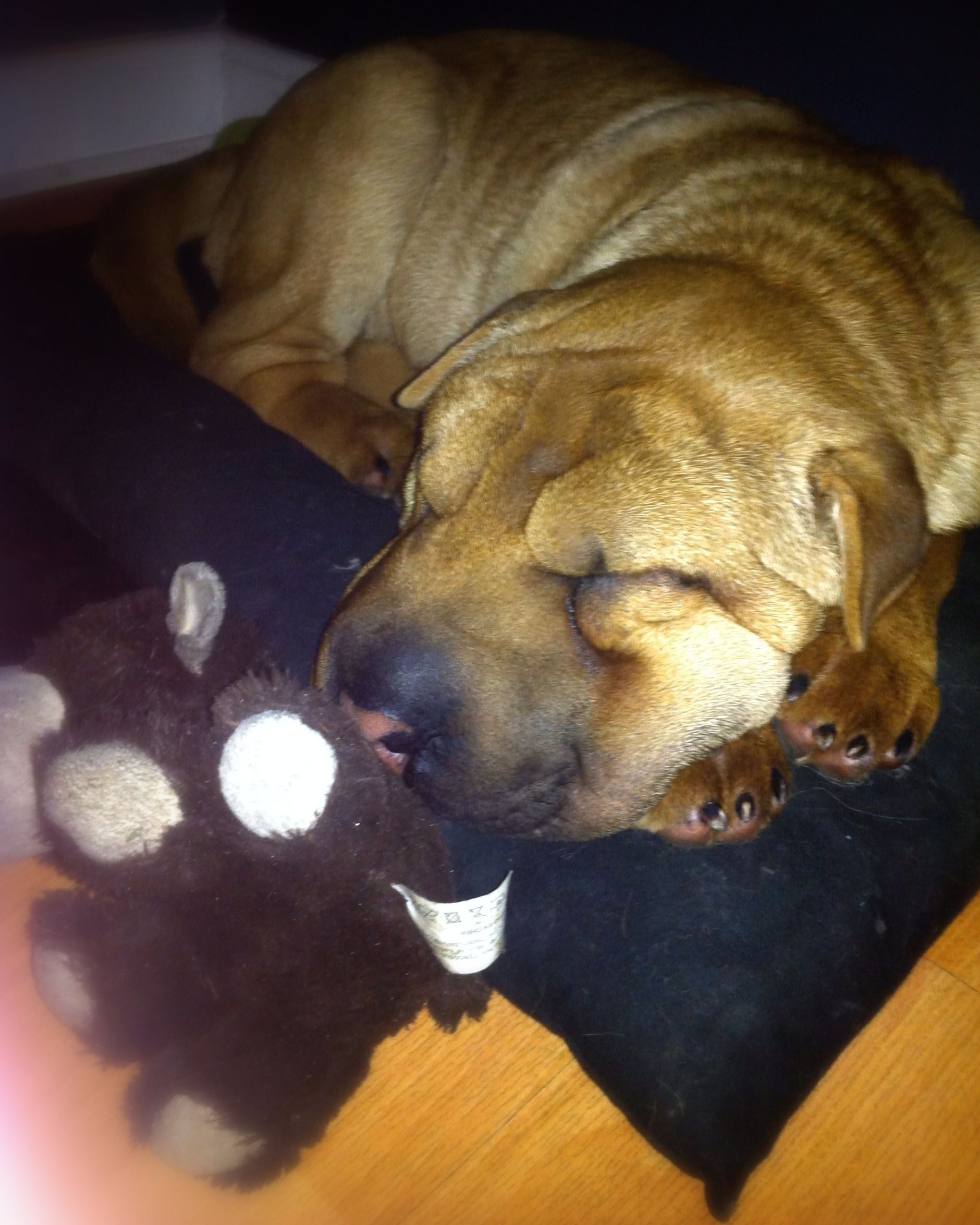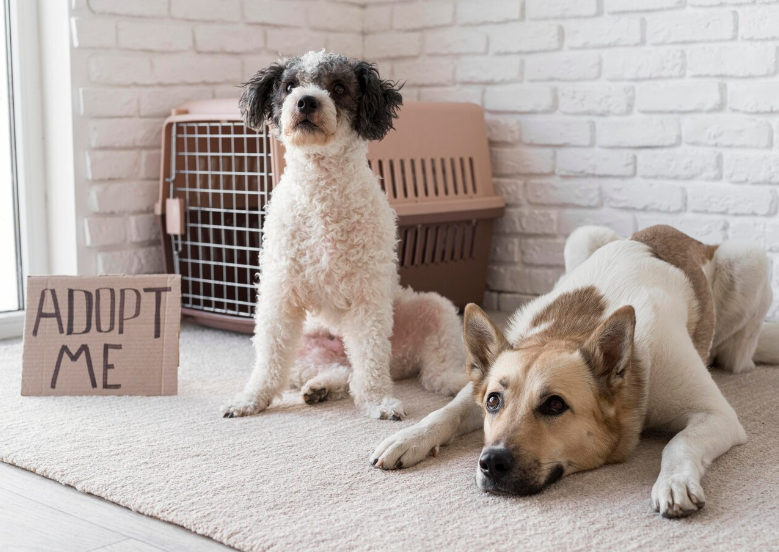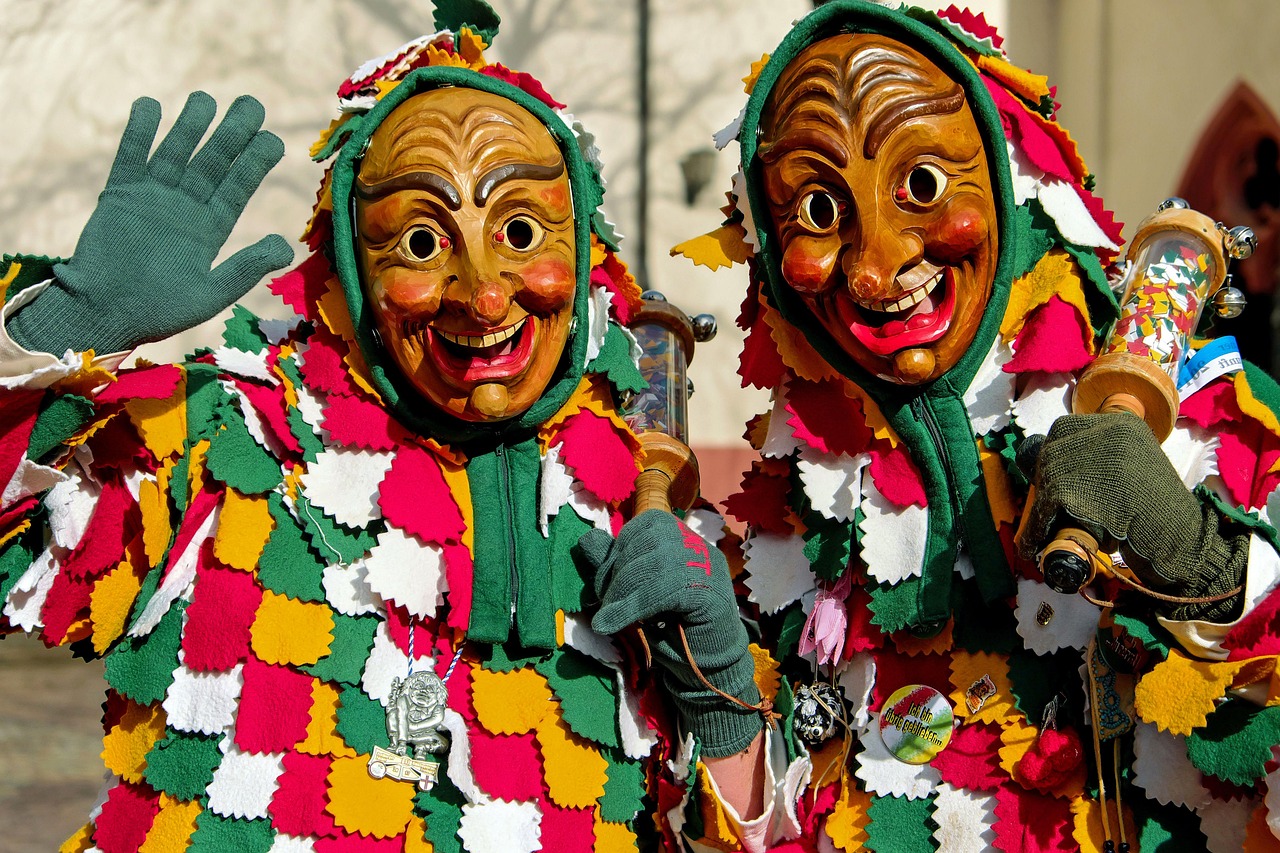- Sleep Cycle in Dogs and Humans
- What Does Barking in the Sleep Express?
- Are There Other Sounds and Non-Verbal Signs That Your Dog Is Likely to Create During the Sleep?
- Do You Have to Take Actions When You Notice That Your Dog Barks While Sleeping?
- What You May and May Not to Do if You Can Not Sleep Due to the Barking?
- How to Wake Your Canine Up if Needed

Did you happen to hear your dog making different sounds while sleeping? Many handlers notice that their dogs are twitching, moving, barking or create different kinds of vocalizations during sleep and are wondering if these types of behavior are normal. We are glad to tell you that there is nothing to worry about. If you want to learn more about the sounds, especially the barking sounds, that your furry friend makes during its sleep, this article is perfect for you.
Sleep Cycle in Dogs and Humans
First, we would like to explain that dogs’ brain waves are similar to humans’ brain waves. This means that once a dog falls asleep, it will enter the so-called deep REM sleep phase (Rapid Eye Movement) approximately 20 minutes after a nap and this phase are likely to last about 2-3 minutes. During the REM phase, the brain’s activity reaches its highest point. According to some researches, dogs may be able to dream 4-6 times at night. Similar to human babies, the small dogs spend almost half of their sleep in a REM cycle. That leads to the possibility of dreams and barking during sleep occurring more often compared to large dogs. Small dogs tend to pass into REM sleep about every 10 minutes, while larger breeds have a longer period of the sleep cycle from non-REM to REM sleep that is more similar to the sleep cycle that humans have. The length of the REM phase in dogs lasts about 10 minutes, compared to the length of 20 minutes (or longer) in humans.
What Does Barking in the Sleep Express?
Dogs’ barking is the equivalent of a human speaking, hence it is their way of communication. Depending on the dream, the vocalization may be a sign for a joyful or a sad dream, and it is the way in that the dog expresses its feeling in regard to places, objects, or experiences during the day. According to some theories, dogs’ dreams may be related to memory processing, dealing with different types of emotions, or recalling emotionally intense moments (especially when it comes to fearful moments causing nightmares).
Nobody can give a solid answer to what dogs dream about. However, some researchers make the assumption that dogs may be able to dream about a variety of things and events and their dream range is as wide, as it is in humans. Barking during sleep could be a sign of a joyful and happy dream as well as for a nightmare.
Are There Other Sounds and Non-Verbal Signs That Your Dog Is Likely to Create During the Sleep?
Other common types of sounds that your dog is likely to create while sleeping are: whimpering, growling, howling, licking, snorting. They can also indicate that your canine is dreaming about food or a particular smell, or even about hunting. Since dogs have a strong sense of smell and hearing, their dreams are likely to be more related to smells and sounds, instead of visualizations, as it is with humans.
In addition, there are a lot of non-vocal signs that you may notice in your canine’s behavior during the sleep like: moving their legs or ears, flickering their eyes, waging their tails, sniffing.
You already know what makes your dog bark or move during his/her sleep. You may wonder if you need to do something to prevent or to encourage this kind of behavior.
Do You Have to Take Actions When You Notice That Your Dog Barks While Sleeping?
As explained above, this behavior is pretty normal, and you do not have to do anything. Your dog is very likely to dream about chasing another animal or playing. It is even recommended by veterinarians that you do not disturb your dog until he/she goes through the dream, even if it is a nightmare. Moreover, it can be considered a “brain-shake” if you wake up your dog during a REM phase. This may cause confusion and disorientation. Similar to humans, dogs may also find it difficult to return to their sleep state, once woken up during a REM sleep phase. In some cases, REM behavioral disorders may occur. Fortunately, these cases are rare. However, if you notice that your dog is having a nightmare that seems to be quite disturbing, you can try to pet it lightly. It may have a calming effect.
What You May and May Not to Do if You Can Not Sleep Due to the Barking?
If your dog tends to bark in its sleep and this behavior disrupts your own sleep, you may want to know what you can do to reduce the negative impact of the barking.
We would recommend that you increase the distance between your dog’s bed and your own bed or the beds of your housemates.
If your canine seems to be under emotional distress that causes nightmares and any related behavioral issues, there are some calming techniques that you may want to use like: wrapping your dog in a warm blanket or your old T-shirt, massaging him/her, or using essential oils. You can even try to play classics as they can calm down not only people but also animals.
It is important that you monitor your dog’s behavior even during his/her sleep in order to confirm any health issues that it may suffer from and react in a timely manner.
In case that your canine is shaking in an uncontrollable way, can not breathe properly, or is whimpering, you may need to wake him/her up, as these signs may indicate that he/she is in pain. When your dog seems to be in physical distress and these problems persist even when your canine is awake, you should contact your veterinarian for assistance.
We would like to note that you should not give your dog any medication, intended for human use.
Barking during the sleep itself is not enough to indicate health issues, and medicine in such cases is very rarely prescribed by veterinarians. Hence, the use of medication is not likely to be recommended.
How to Wake Your Canine Up if Needed
Even if you doubt that your canine may feel physical pain and decide to wake him up, you need to be very careful and to know that he/she may not be able to wake up immediately. Any sharp movements may cause stress, and you can even get bitten, even when your dog does not intend to harm you. We would recommend that owners wake their furry pets up using vocal, instead of tactile, signals. You can call your dog by his/her name instead of touching him/her.
If you notice that your dog is barking, sniffing, growling, or moving his/her tail or ears, while sleeping, you do not have to worry, as your canine is just dreaming. If there are not no signs of physical disorder and health issues, you need to leave your dog to sleep uninterrupted. You need to pay attention to his/her behavior and contact a vet if you have any doubts about the presence of insure or illness.










